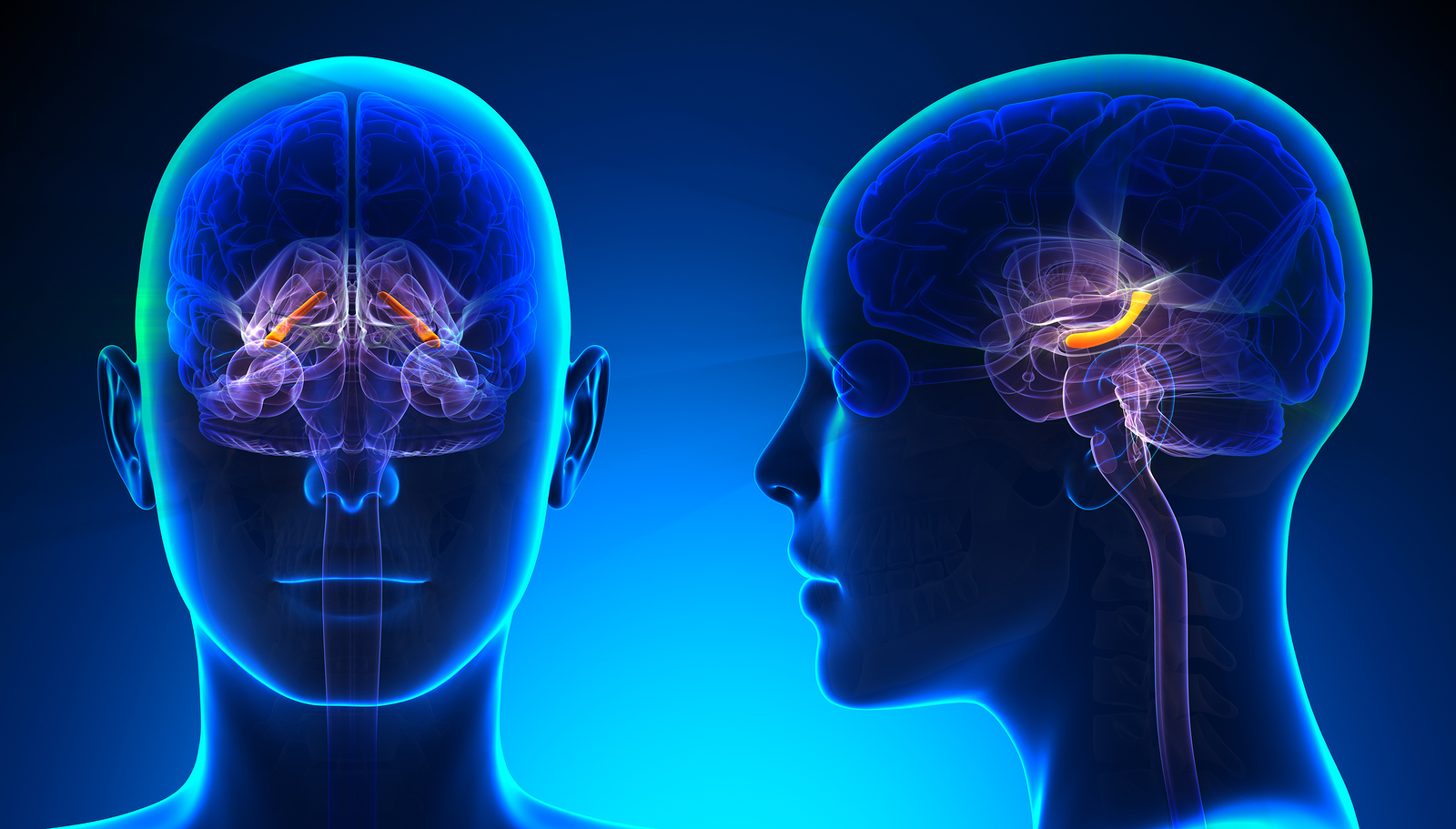Stress And The 10 Truths Behind The Damage It Causes
Of all the toxins in the world, stress might be one of the most damaging. If left untreated, it may lead to chronic inflammation, hypertension, heart disease, stroke, diabetes, and obesity. Symptoms of stress may include chest pain, rapid heartbeat, headaches, fatigue, insomnia, muscle or joint pain, increased or decreased appetite and sex drive, and overwhelming feelings of anxiety, sadness, or irritability. Here are ten scary truths behind the effects of dealing with chronic stress.
Cognitive Impairment

According to the University of Maryland Medical Center, chronic stress impairs the ability to concentrate, which increases the risk of accidents. Stress also has negative consequences on learning and memory because it kills brain cells. According to one study, the hippocampus in people who suffer from post-traumatic stress disorder shrinks by eight percent. The hippocampus is the area of the brain responsible for memory and learning. Another study indicated that stress disrupts glucose channeling to the brain, which cuts off the brain's energy source.
Heart Disease and Stroke

Although research has yet to prove that stress causes heart disease, stroke and heart attacks, it has been shown to worsen these conditions. Stress restricts the arteries, which puts extra work on the heart to pump blood through restricted blood vessels. Stress also thickens the blood, making it harder to pump and increases blood pressure. Chronic stress causes inflammation that may cause damage to blood vessels, which increases the risk of hypertension, atherosclerosis, and stroke.
